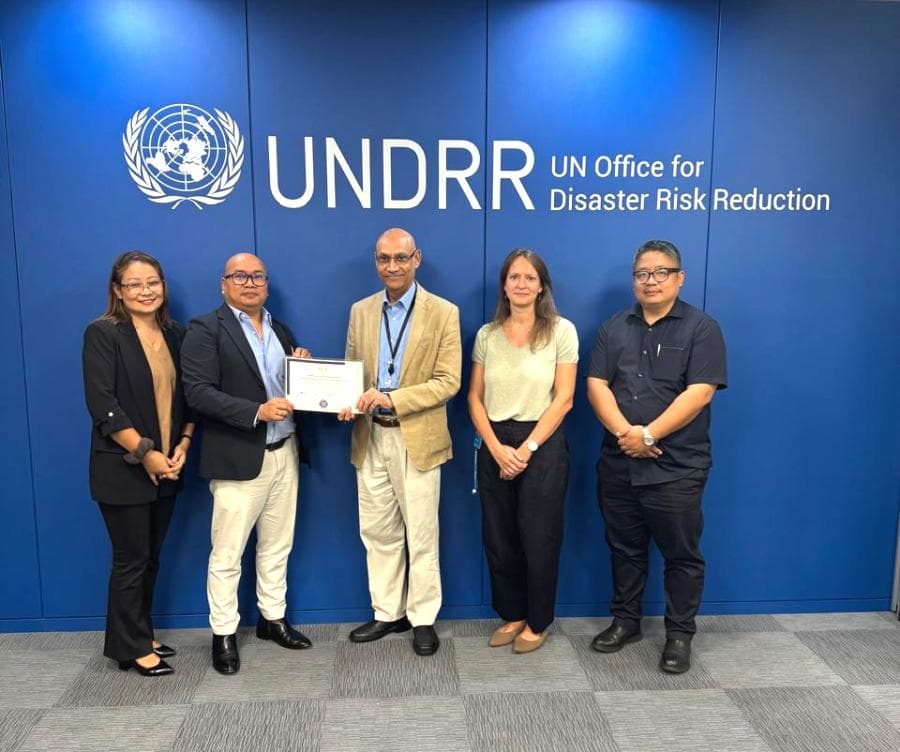THURSDAY, NOVEMBER 13, 2025
- Home
- Nagaland joins UN’s global ‘Making Cities Resilient 2030’ initiative
Nagaland joins UN’s global ‘Making Cities Resilient 2030’ initiative
Nagaland joins UN’s Making Cities Resilient 2030 initiative to strengthen urban resilience, disaster preparedness, and climate-adaptive infrastructure development.
Share

DIMAPUR — Nagaland government has joined the United Nations Office for Disaster Risk Reduction’s (UNDRR) flagship initiative, Making Cities Resilient 2030 (MCR2030), a global partnership aimed at strengthening urban resilience and reducing disaster risks.
The announcement, made by the Nagaland State Disaster Management Authority (NSDMA) on Thursday, marks what the government described as “a significant milestone” in the state’s efforts to safeguard its towns and cities from growing climate-induced and geophysical hazards such as extreme rainfall, flash floods, landslides, earthquakes, and rapid urbanisation in fragile hill terrains.
By joining MCR2030, Nagaland becomes part of a global network of more than 1,300 cities working to advance disaster risk reduction under the Sendai Framework for Disaster Risk Reduction 2015–2030 and Sustainable Development Goal 11 on sustainable cities and communities.
According to the NSDMA, the initiative will help the state enhance early warning systems, improve risk-sensitive urban planning, build technical and institutional capacities within Urban Local Bodies (ULBs), and develop city resilience strategies and audits. It will also support the creation of climate-resilient infrastructure and strengthen coordination among state departments, local authorities, and communities.
“Nagaland’s urban centres are expanding rapidly, and the state is highly exposed to landslides, rainfall extremes, and other climate-related risks.
Joining MCR2030 will significantly improve preparedness, strengthen governance, and equip our cities with global tools and best practices,” the government stated.
Also read: Mountains to Mangroves: Nagaland’s REDD+ pilot takes root
The participation will enable major towns and urban centres in Nagaland to carry out resilience assessments and implement targeted interventions, including hill slope stabilisation, improved drainage and solid waste systems, resilient road and transport planning, and the integration of green infrastructure solutions.
Through the MCR2030 platform, Nagaland will also gain access to international partners such as UN agencies, global resilience hubs, research institutions, and development agencies, opening opportunities to explore climate finance and innovative funding for sustainable urban development.
The NSDMA noted that joining MCR2030 aligns with Nagaland’s long-term vision of creating “safe, inclusive, sustainable, and future-ready cities,” positioning the state as a resilience leader among India’s hill states and within the Northeast region.

